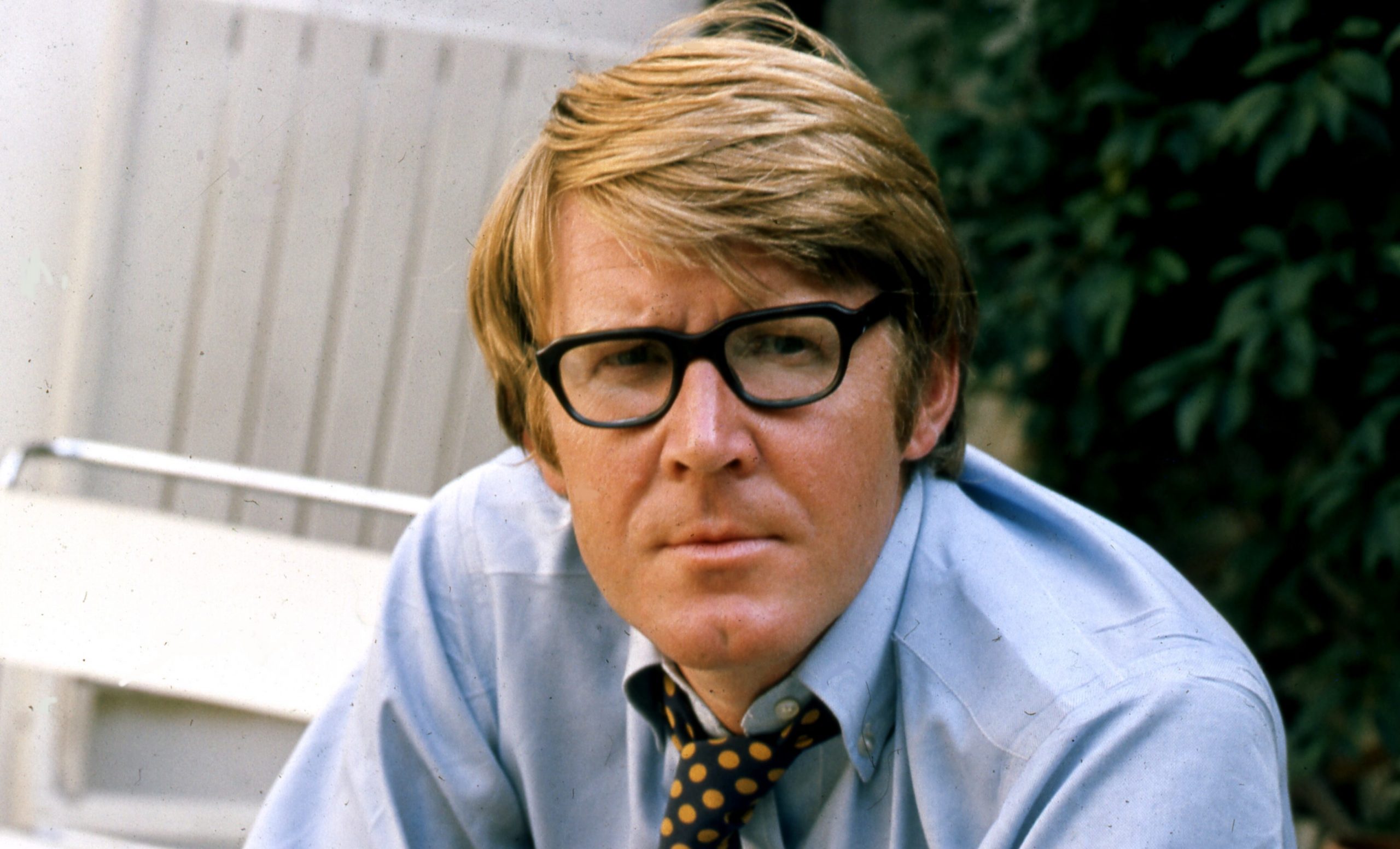Across a series of radio shows and TV programmes over the last few months, some corners of the BBC appear to have become transformed into a veritable shrine to Alan Bennett, their long-time champion and literary poster boy.
Amid Bennett’s characteristically bumbling moments of self-deprecation—“I’m sure you’ve heard all these stories before, I’ve such a limited repertoire”—there appears to be a recurring sense of gratitude towards the alma-mater of the essayist and playwright. Fundamentally, Bennett is grateful that he was offered the opportunity to study here in the first place.
In typically unassuming style, Bennett applied to Exeter College because he had thought it to be “quite a modest place”, and was accepted to read Modern History, matriculating in 1954. It was at university that Bennett began to hone his theatrical talent, writing sketches, skits, and performing with the Oxford Revue.
However, Bennett, and others of his generation, were born at a particular moment in history. Throughout the 1950s, the heyday of grammar school education and the ready availability of university scholarships combined to form a brief, passing interlude in which the stars seemed to align in the favour of the education of working class boys like him. As the son of a butcher, without the free education which had been made available to him, attending university would not merely have been expensive, but would have been totally unthinkable. This situation is echoed in Bennett’s play The History Boys, which explores the Oxbridge application process from the point of view of a motley group of Yorkshire grammar schoolboys. The political message is never far from the heart of the work. In the introduction, Bennett mourns the inequity of the English education system, at Oxford above all.
It is this educational disparity which has encouraged Bennett to become a vocal critic of the Tory government of recent years, which, in his words “gets away with doing as little as possible”. Instead, he favours what some might disparagingly dub to be a ‘nanny state’. But Bennett flips the negative connotations of this term, bitingly reminding his audience that “I was nannied, in the sense that everything was paid for; and if that’s nannying, then I’m all for it”.
It is partly as tribute to the welfare state of his youth that Bennett decided in 2008 to donate the entirety of his archive to the Bodleian Library, or the ‘Bodley’, as he aff ectionately describes it. It is humbling that despite the numerous accolades he has received throughout his lifetime, including Tony and BAFTA awards, Bennett has maintained a sense of gratitude towards the golden period of education with which he was blessed.



